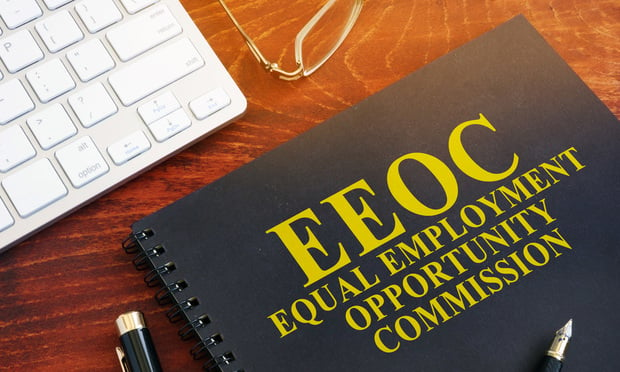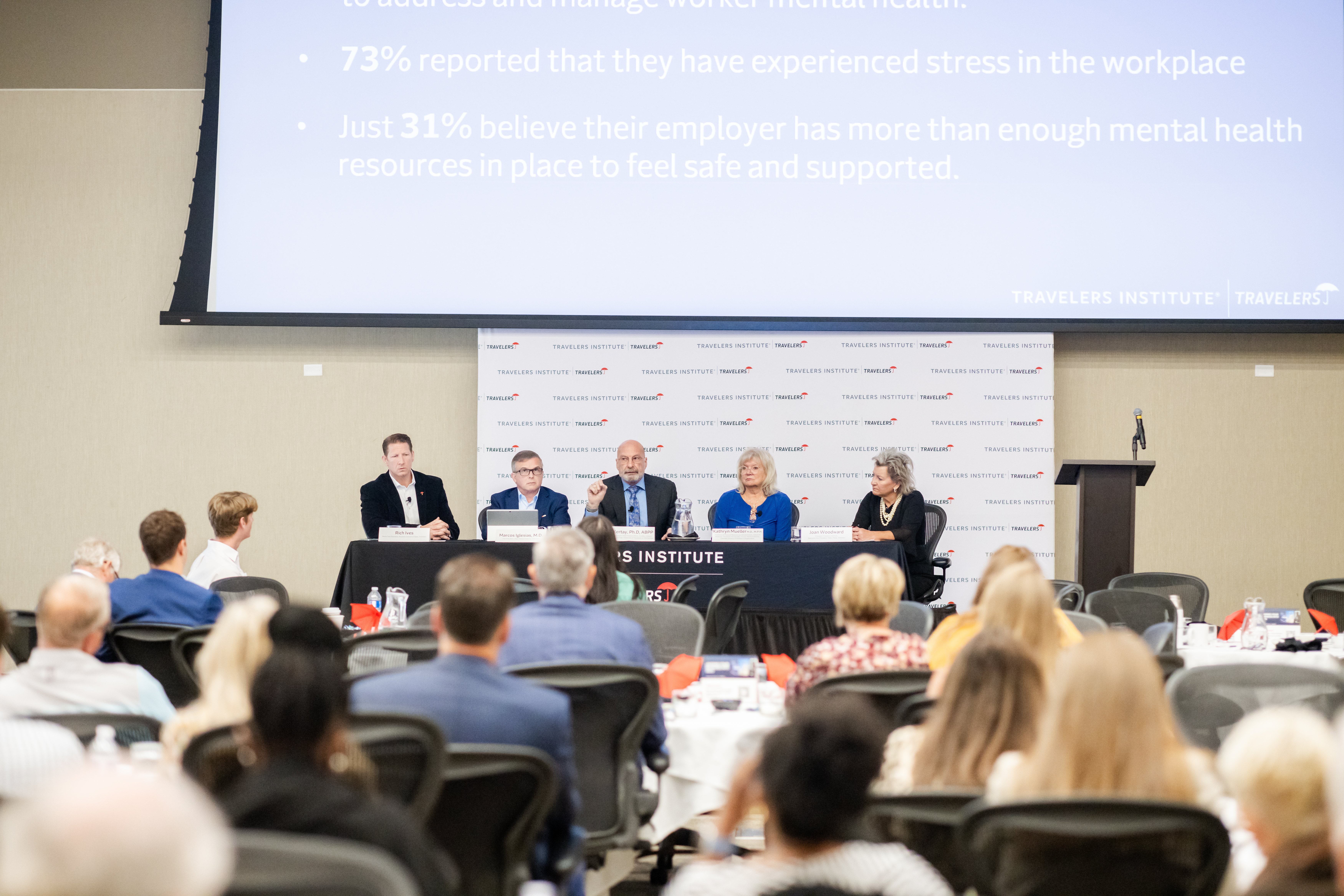 Many millennials are wondering how they can feel so bad (financially) when they “did all the right things” (educationally). (Photo: Shutterstock)
Many millennials are wondering how they can feel so bad (financially) when they “did all the right things” (educationally). (Photo: Shutterstock)
Stress. Shame. Confusion. Embarrassment.
That’s what comes to mind for millennial employees when they think about their personal finances. It’s draining employees’ ability to stay focused on the work at hand and maximize their creativity and productivity. According to a 2017 PWC Employee Financial Wellness Survey, 65 percent of millennials reported being stressed about their finances. Additionally, approximately one-third of employees report being distracted by personal finance issues while at work, with almost half of them spending three hours or more each week handling these matters during the work day.
Related: Employees want financial wellness, just don’t call it that
While employee financial stress is not new, it’s particularly strong among millennials. This group is experiencing many firsts. They are the first generation to face such a large student loan debt crisis. They are the first to need to save enough money to fund retirements that may be the longest in human history. These are no small challenges.
With millennials set to comprise 50 percent of the global workforce in less than two years, it is essential that employers help this group garner the tools necessary to experience financial calm, clarity, and confidence in the face of these challenges. But first, we need to understand why millenials are reluctant to address their financial concerns head-on.
Millennial employees are distracted by money shame
Millennials tend to be a pretty outspoken group. So why are they not speaking up more about their financial stress and the degree to which it distracts them at work?
A big part of this is overarching “money shame.” After years of schooling and higher education, it frankly can feel embarrassing to admit one is struggling with money issues. This is particularly true if the money issues are due to student loan debt – a kind of “good debt” that was supposed to make their lives better. Many millennials are wondering how they can feel so bad (financially) when they “did all the right things” (educationally). As an employer, you need to recognize this money shame is causing your millennial employees to hold back asking for help.
How employers can help their millennials overcome money fears
Employers can help their millennial employees overcome their money woes by providing financial wellness education around the two areas causing the most financial stress for millennials: student loan debt and saving for retirement.
Both of these topics can be extremely overwhelming so baby steps are key. A good introduction to both of these topics could be an educational video laying the groundwork for the big concepts that need to be addressed to help ease employees into the reality of dealing with each of these vital issues.
With regard to student loans, the education here is trickier, as some employees will have government loans, some may have private loans and some may have a combination of both. Providing basic educational lunch-and-learn type lectures to review the role of budgeting in finding the extra funds to accelerate debt paydown, and to discuss various options for consolidation, income based repayment plans and other options can help give employees a sense of relief that they have some tools and information they can use.
When it comes to retirement, many 401k and 403b providers offer onsite education for plan participants. Instructing these providers to focus heavily on these three points can go a long ways towards helping millennials understand how to make smart choices here:
1. The mathematical impact of saving early (i.e. a dollar saved and invested for your retirement in your mid 20s is four to five times more valuable than a dollar saved in your mid 40′s due to the power of compounding).
2. It’s not enough to save for retirement; wise investment choices must be made too (and often the smartest and most cost effective decision here is to use target date retirement funds composed of underlying index funds).
3. The extremely positive mathematical implications of contributing to a retirement plan at least to the point of the employer’s match (i.e. that this is literally “free” money and equates to a guaranteed rate of return; if you are matched $0.50 on the $1.00 that’s a guaranteed 50 percent return which you will not get anywhere else!)
While there are very few “sure things” in the business world, investing in reducing millennial employee financial stress and increasing work enjoyment and productivity has the potential to generate positive “human capital” dividends for years to come.
Manisha Thakor, CFA, CFP® is a Grokker financial expert and VP of Financial Education at Brighton Jones and the founder of MoneyZen.com. She earned her BA from Wellesley College, her MBA from Harvard Business School, and is both a CFA charterholder and a CFP® practitioner.
© 2025 ALM Global, LLC, All Rights Reserved. Request academic re-use from www.copyright.com. All other uses, submit a request to [email protected]. For more information visit Asset & Logo Licensing.







